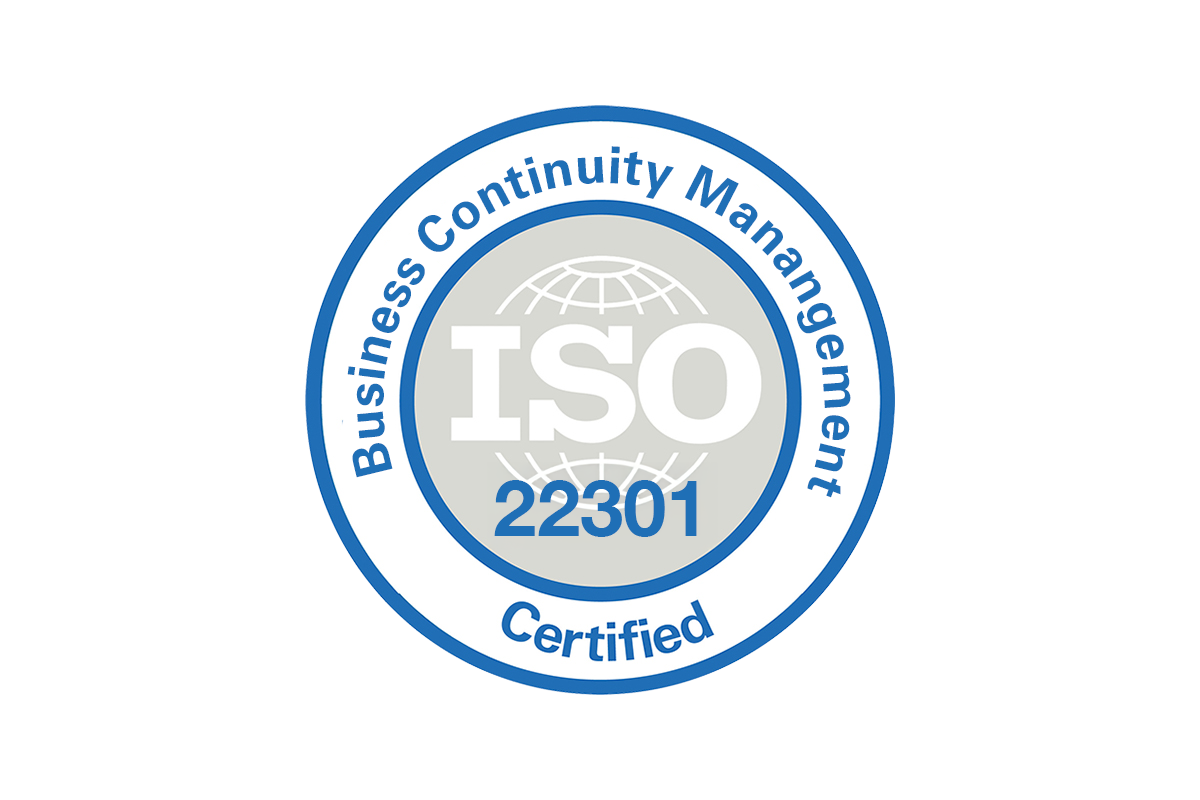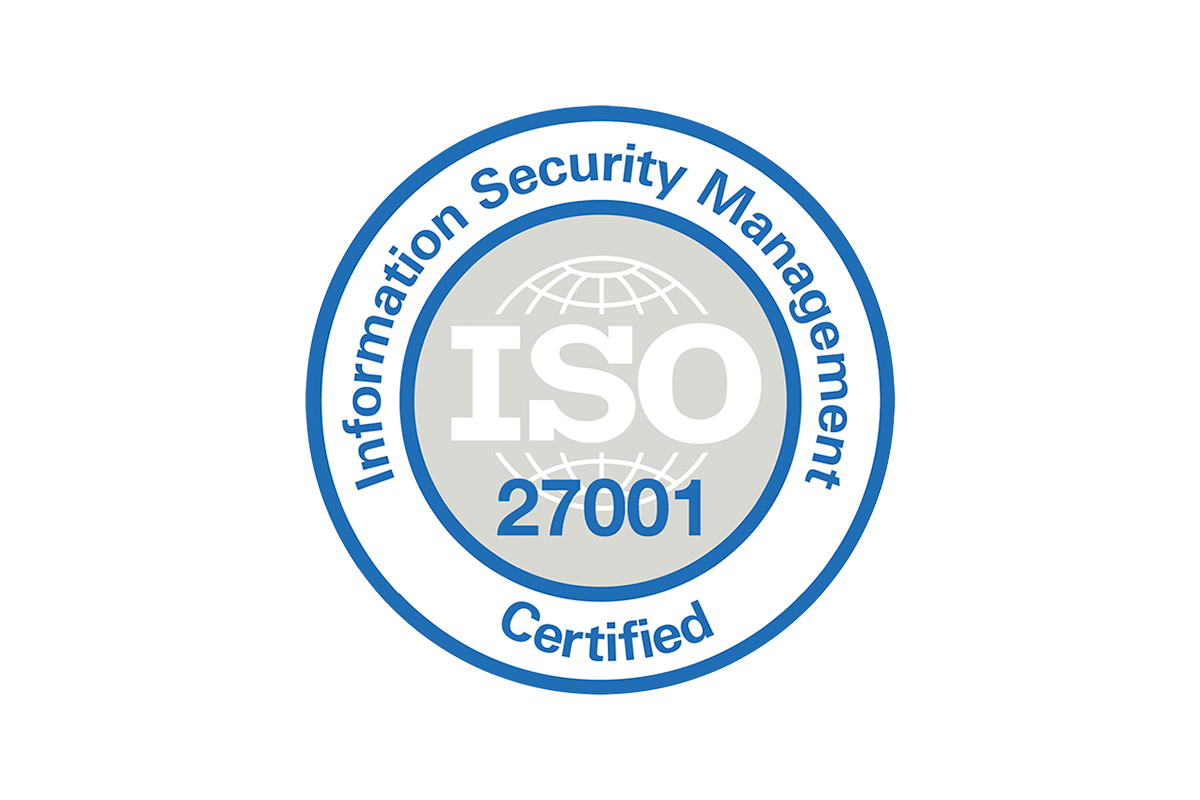Businesses can ensure they have access to high-quality data and increase the value of their CRM system by adhering to the best practices for CRM data management.
Let us look at some of these key practices that you can follow:
1. Valuable Data Identification
Identify the data that is valuable for your business – it largely depends on your organization’s business goals. In addition, it is equally critical to collaborate with business departments directly on data identification.
2. CRM Data Design
Make sure your CRM is designed to capture the data identified in point number 1 in the right format. It should also havenecessary business rules and validations to ensure consistency and data quality.
3. Relevant Data Selection
More often, we do not pay much attention to the number of data columns and their significance.
E.G., capturing the social media LinkedIn profile detail may still be more relevant for a professional services based organization than Ecommerce.
Make sure it is relevant and easy to enter for the system user.
Quality should take precedence over quantity – software applications are designed to cater to diverse industry needs thus it becomes a neccessity to critically analyze every data field in place and filter out the non-relevant ones based on our business goals.
4. Historical Data Migration
Migration of historical data from legacy systems plays a very crucial role in the success or failure of an upcomingsoftware implementation rollout. Cleaning data at the import level becomes a highly significant exercise otherwise you carry forward the same challenges to the new system.
5. User Training and Data Entry
In order to improve user adoption, software training should be prioritized, as well as a focus on correct data entry by users of the system. This needs to be a periodic activity within the organization as new joiners or existing employees could transition to different roles.
6. Periodic Data Monitoring
Periodic monitoring of data to check for inconsistencies, as well as keeping an audit trail enabled for key data columns only in a table will help a lot in ensuring reliable data quality in the long run.











